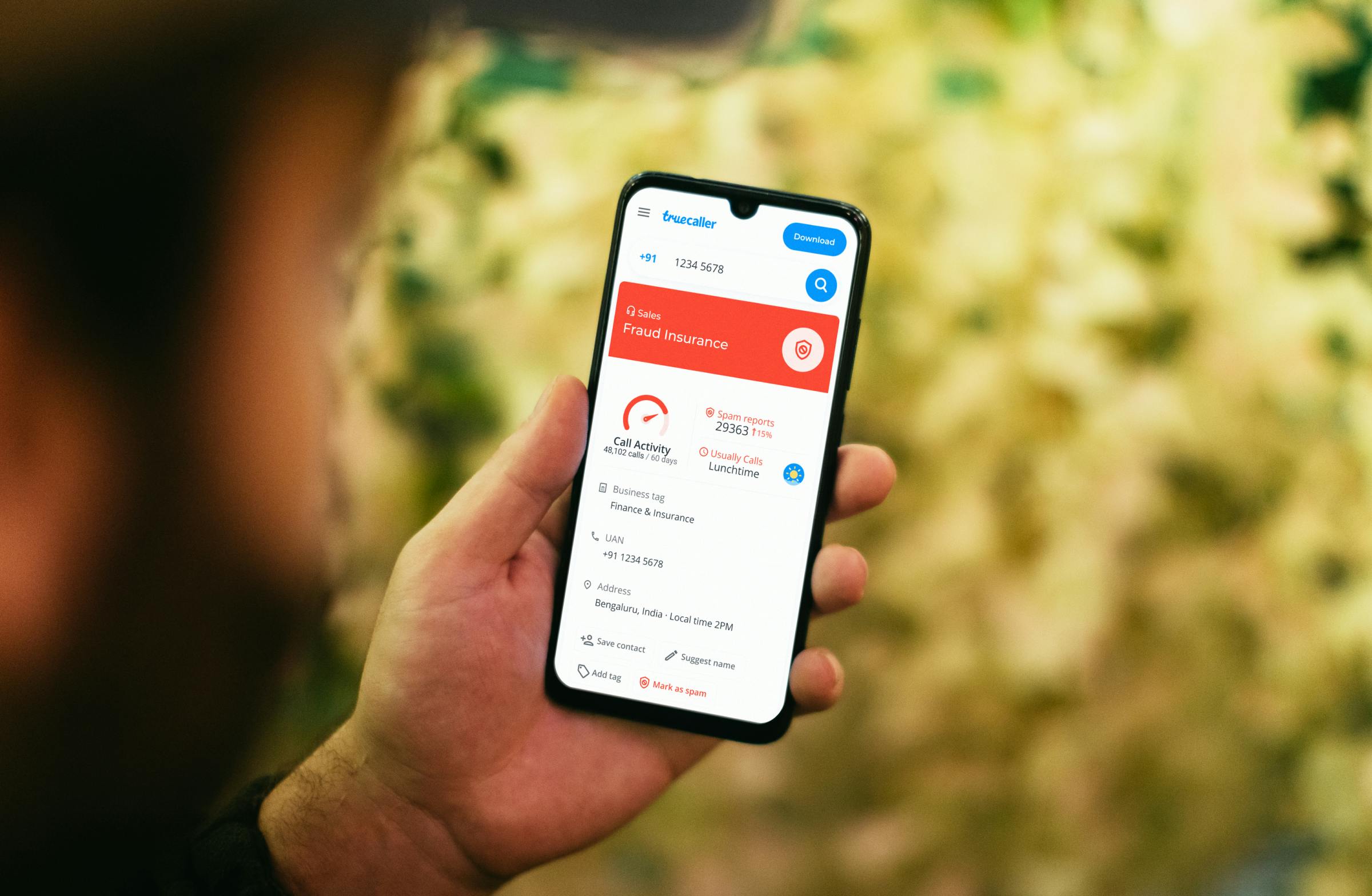
Top 4 AI Phone Scams and How to Stop Them
Lindsey LaMont
May 24, 20233 min read
Imagine receiving a call from a loved one and hearing their unmistakable voice on the other end of the line pleading for help and that they need money or your account information right away. Is this a movie? No, with the exponential development of AI tools – it is a growing reality.
AI phone scams are becoming increasingly prevalent around the world. These automated calls use artificial intelligence (AI) to mimic human conversations, making it difficult for people to distinguish them from legitimate calls.
This type of scam has been used to defraud people of their money, personal information, and other sensitive data. In this blog, we’ll take a look at how AI phone scams are becoming more widespread, what they’re being used for, and what people can do to protect themselves from them.
What is an AI Phone Scam? And why is it popular?
AI phone scams are on the rise due to the increasing availability of AI technology, like ChatGPT, and voice cloning. This technology makes it easier for scammers to create realistic-sounding conversations that sound like they’re coming from a real person - or someone you know. AI phone scams have become so sophisticated that they can even mimic accents and dialects from different parts of the world. As a result, they’re increasingly being used in countries around the world.
Voice Cloning Scam
All a criminal needs is a short audio clip of a family member’s voice – often scraped from social media – and a voice-cloning program to stage an attack.
Catfishing Scam
A Nigerian law enforcement agent recently commented that this voice cloning technology has given fraudsters an elevated degree of authenticity. He explained that the most typical crimes include bogus commercial agreements or romantic relationships that exploit the loneliness of their victims. He went on to say, "Yahoo Boys (fraudsters who use Yahoo email accounts to scam) have found success in deceiving Europeans into transferring large sums of money, beginning from thousands of dollars and even reaching millions, by utilizing badly imitated accents, copied images, and artificial video calls. Even though the accents are frequently terrible, it is incredible how easy it is for their targets to be taken in, but this technology can make their lies more plausible."

Text Message Scams
Fraudulent texts, letters and emails can be created quickly with the help of software, which can be instructed to make requests such as clicking a link, sending payment, or providing personal information in various formats, such as legal documents, banking emails, or energy bills. AI tools like ChatGPT, has the capability to generate written English that is almost indistinguishable from human writing.
How to Combat AI Phone Scams
These phones scams have one thing in common - they all have numbers attached to them. Because of this, having a Caller ID/Spam blocking app installed on your phone is one of the surest ways you can avoid becoming a victim.
Truecaller, the world’s #1 Caller ID and spam blocking app, has a unique feature where their millions of users around the world are constantly reporting scams in real-time. This means that scams don’t have a chance to last very long if they have been marked as scams in the Truecaller app.

2. Be vigilant. Don’t give out information on the phone. Try looking up the number yourself on the official website or have them send you an email with the official business name.
Using AI in scams is relatively new, and we will continue to post about them as they arise. Stay updated about recent scams, and watch the latest Youtube videos on how you and the 350 million-strong community of people using Truecaller every month can stay protected. You'll find us on Twitter, Facebook, Instagram, and TikTok.

Lindsey LaMont
May 24, 20233 min read

